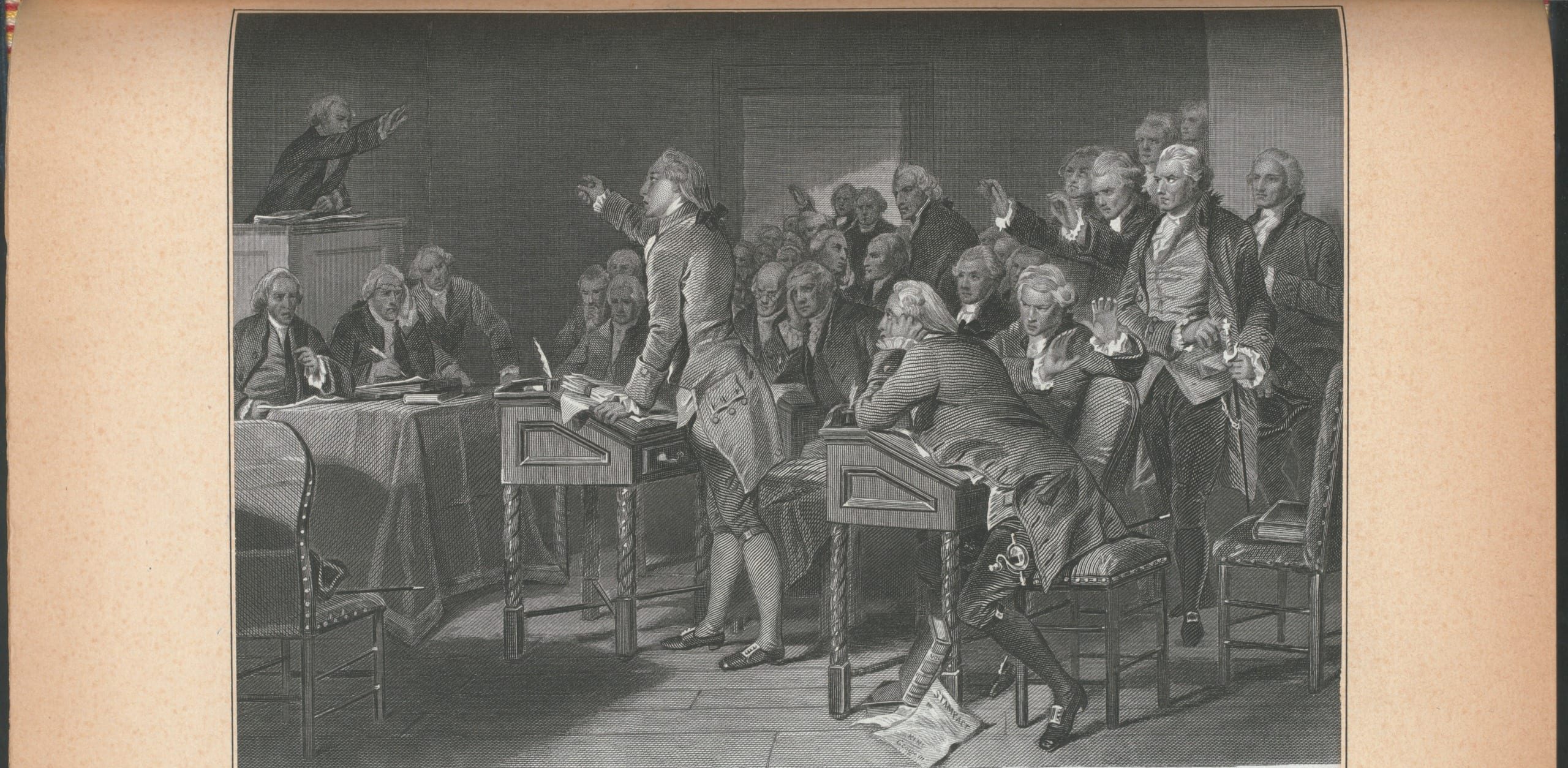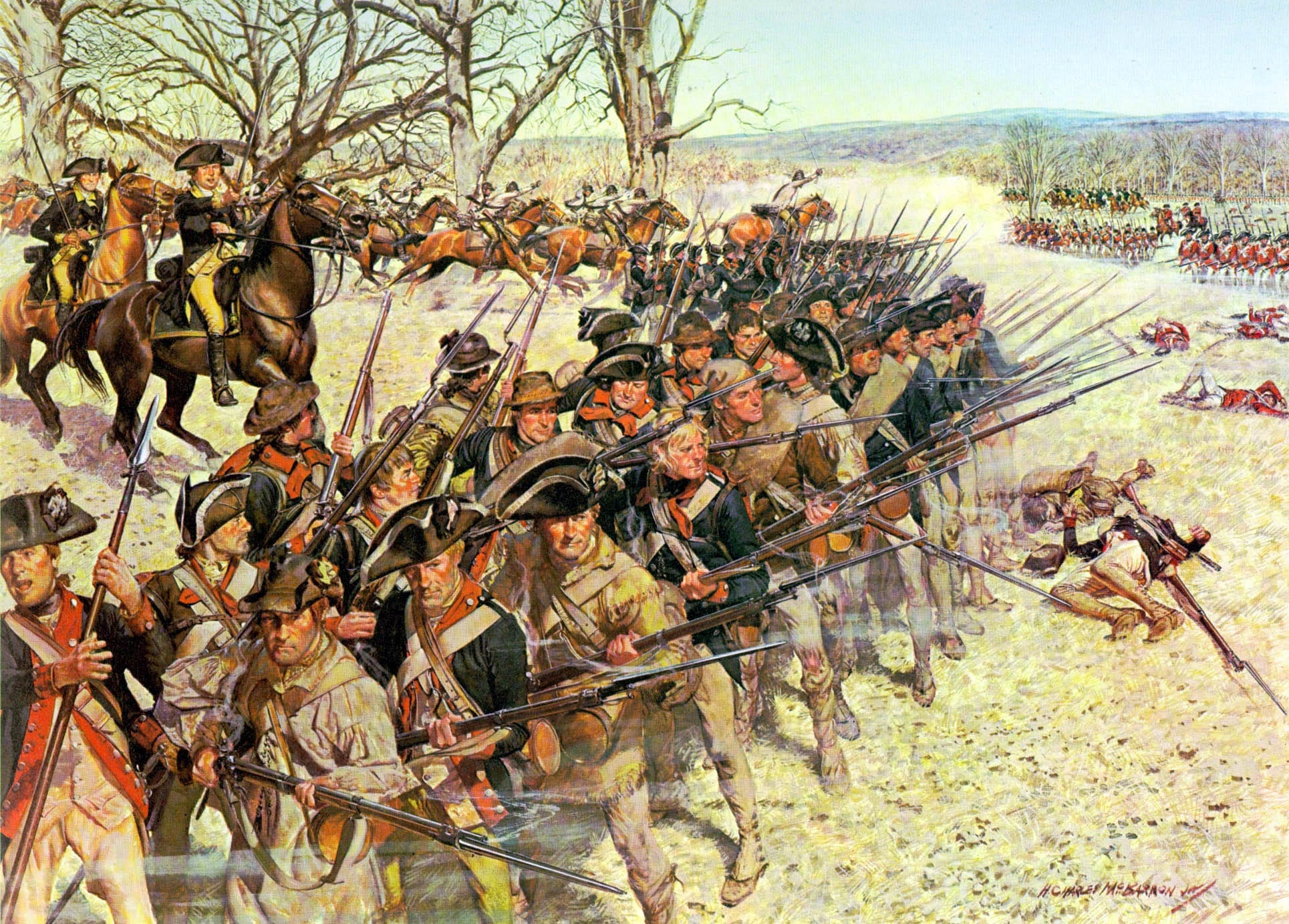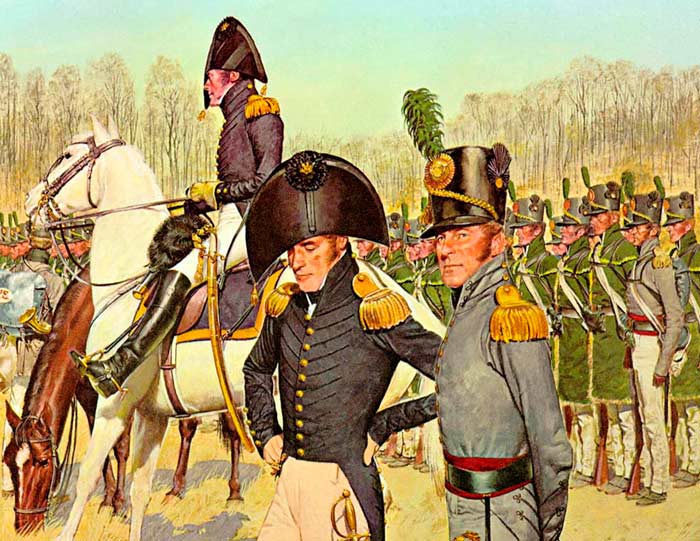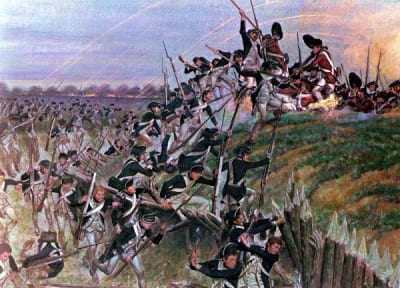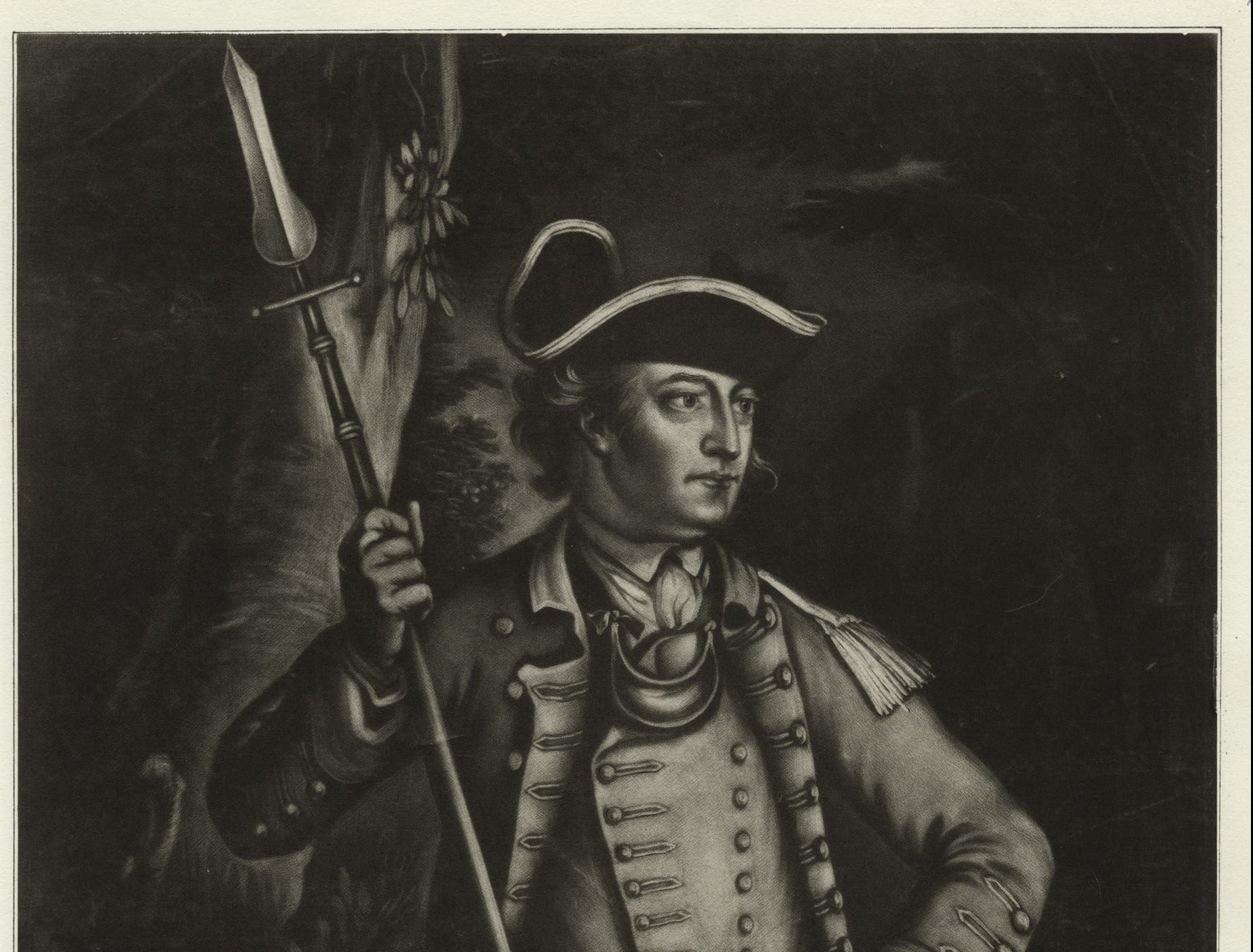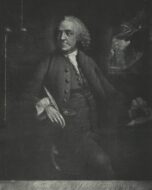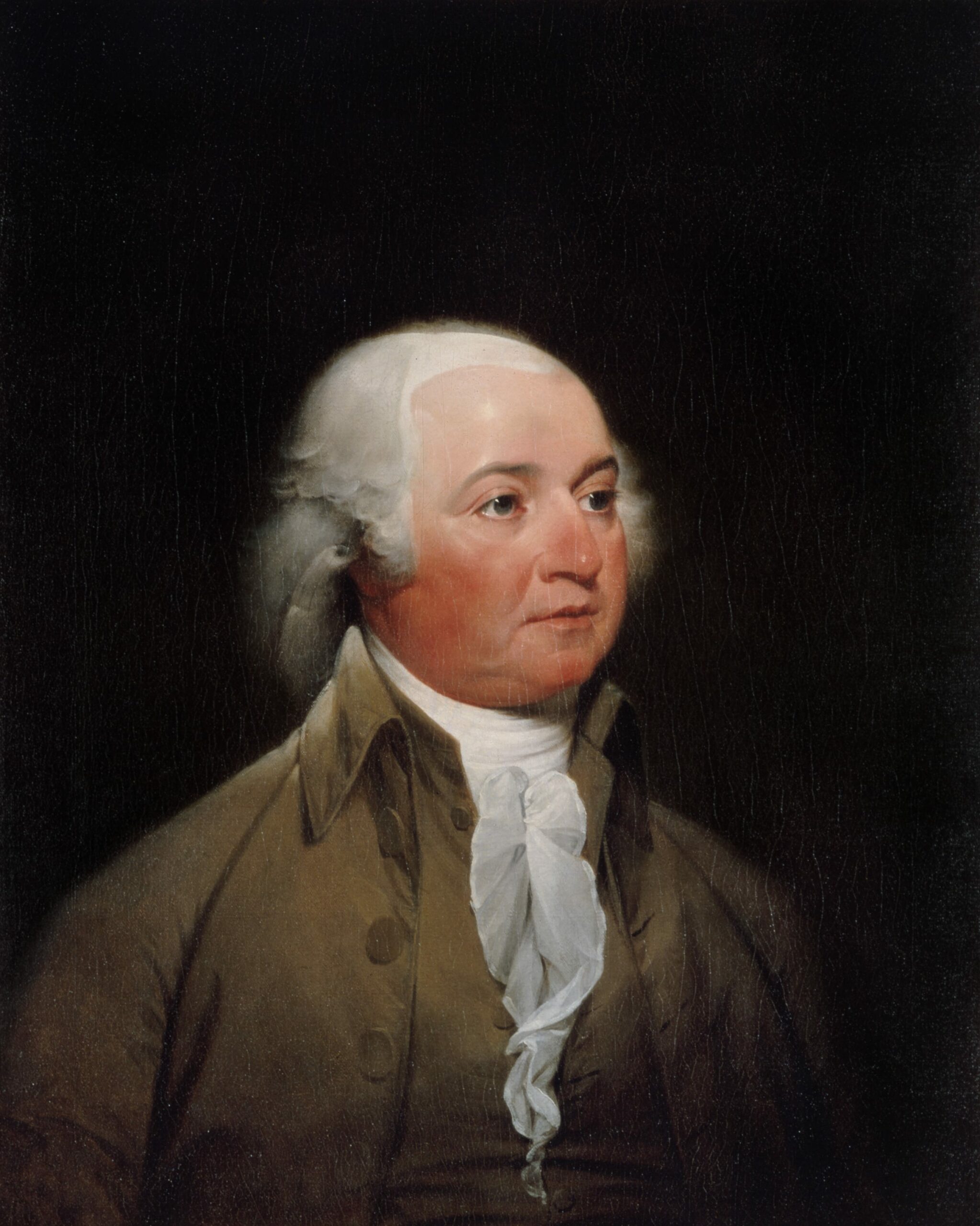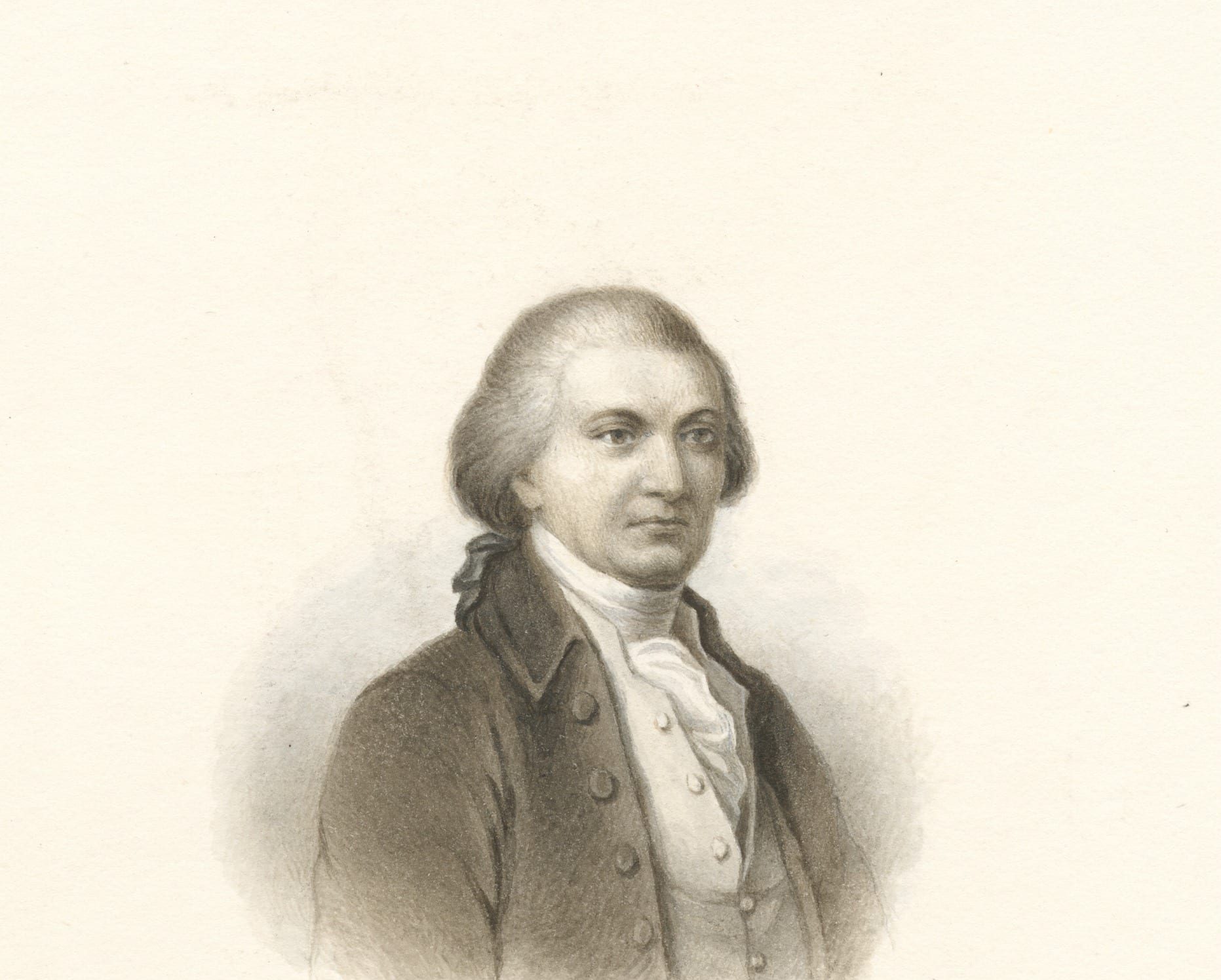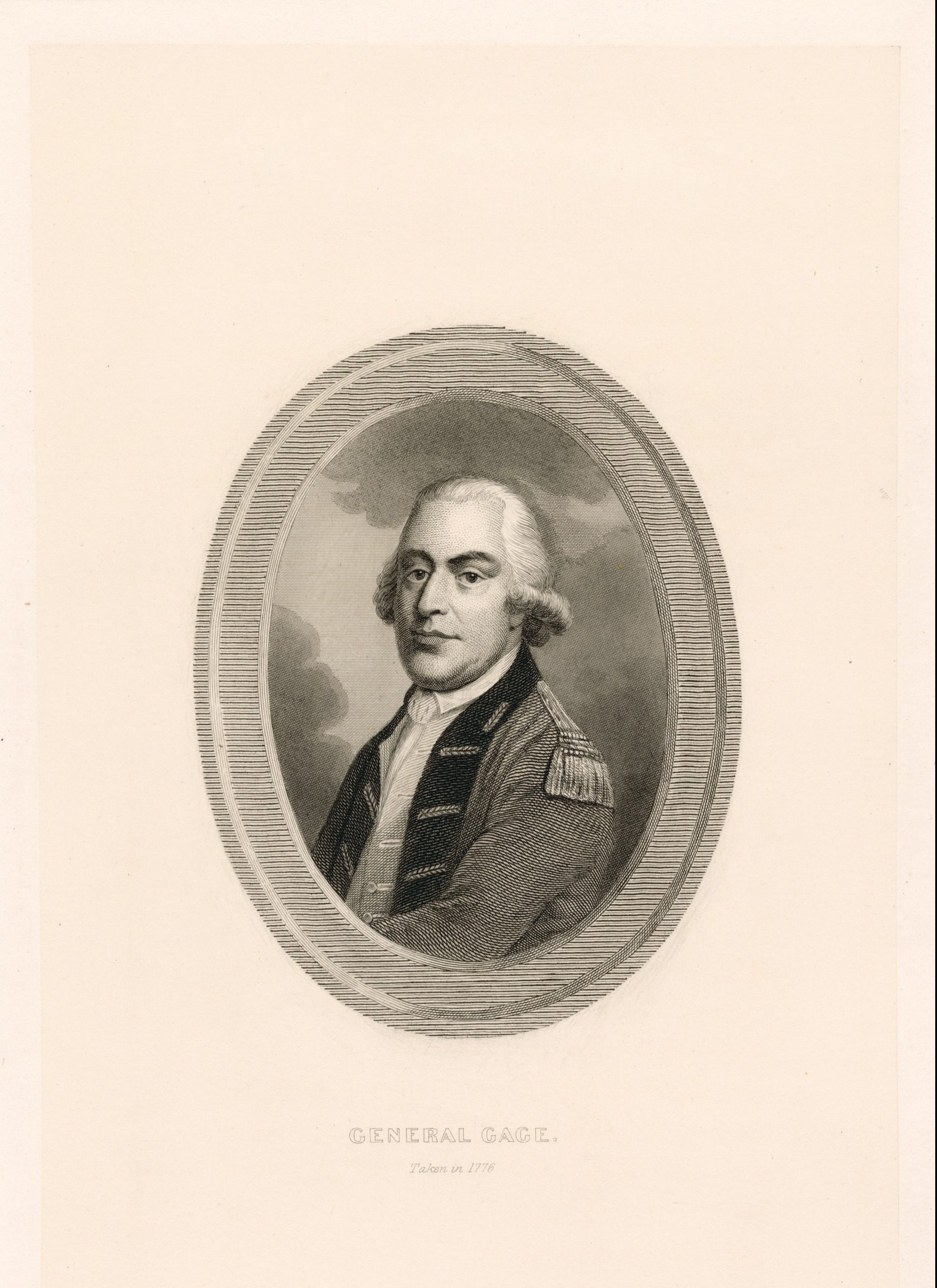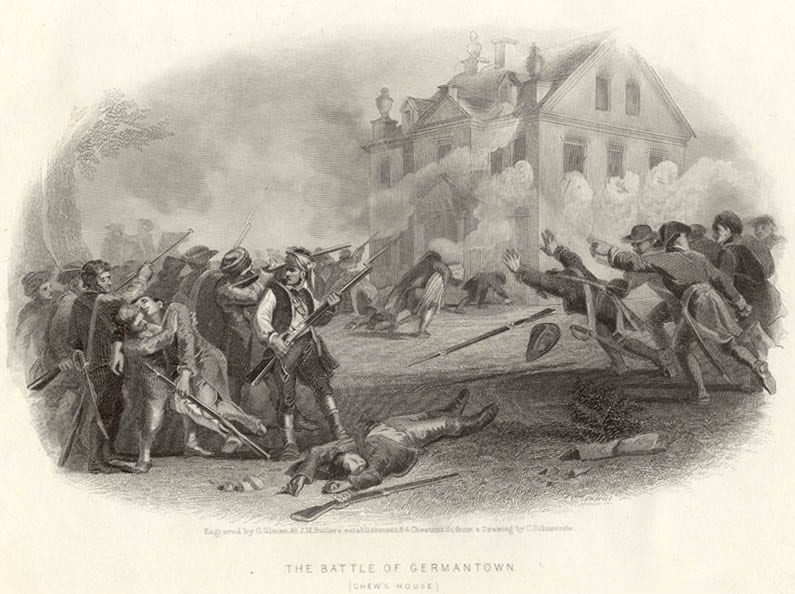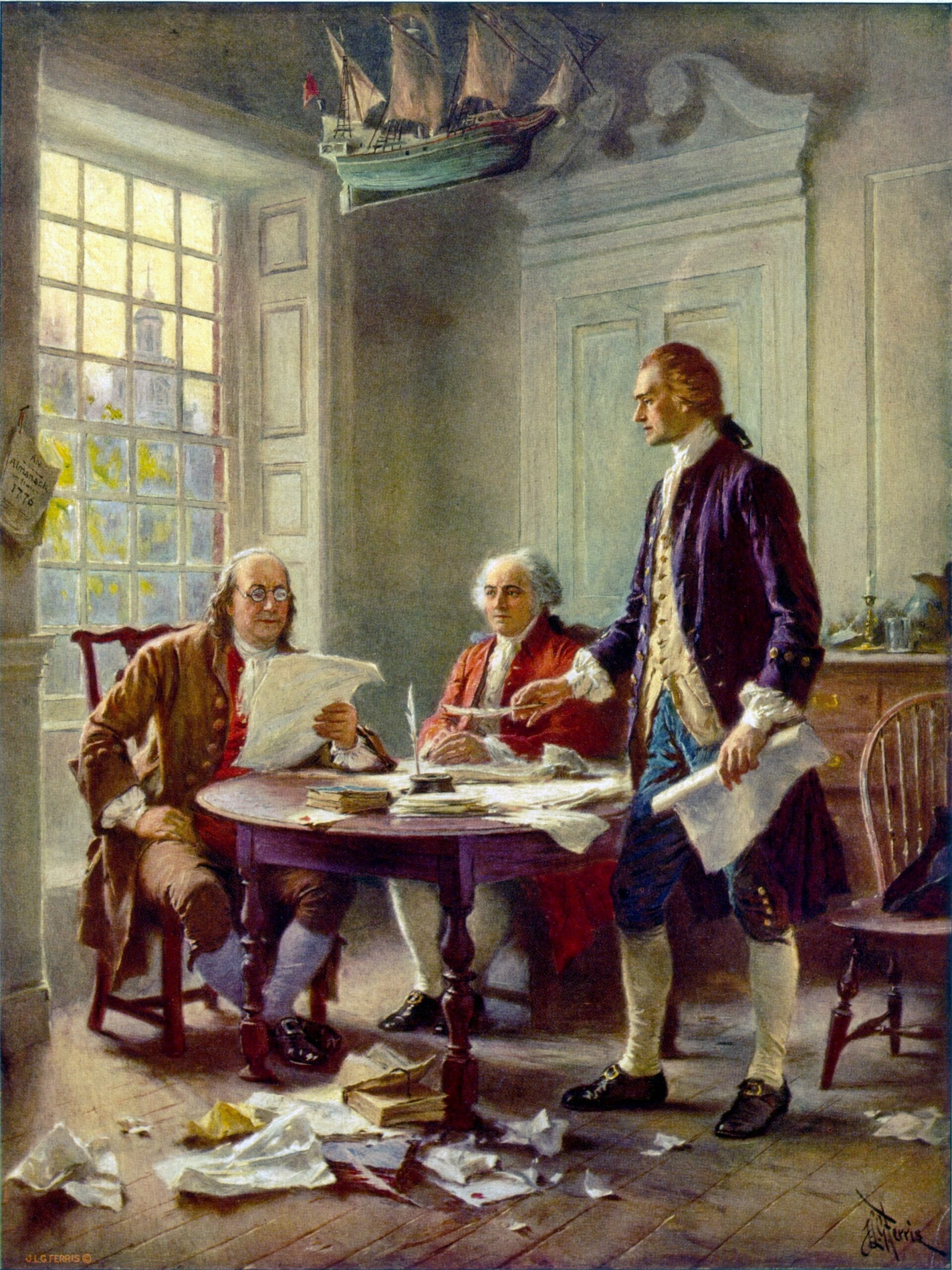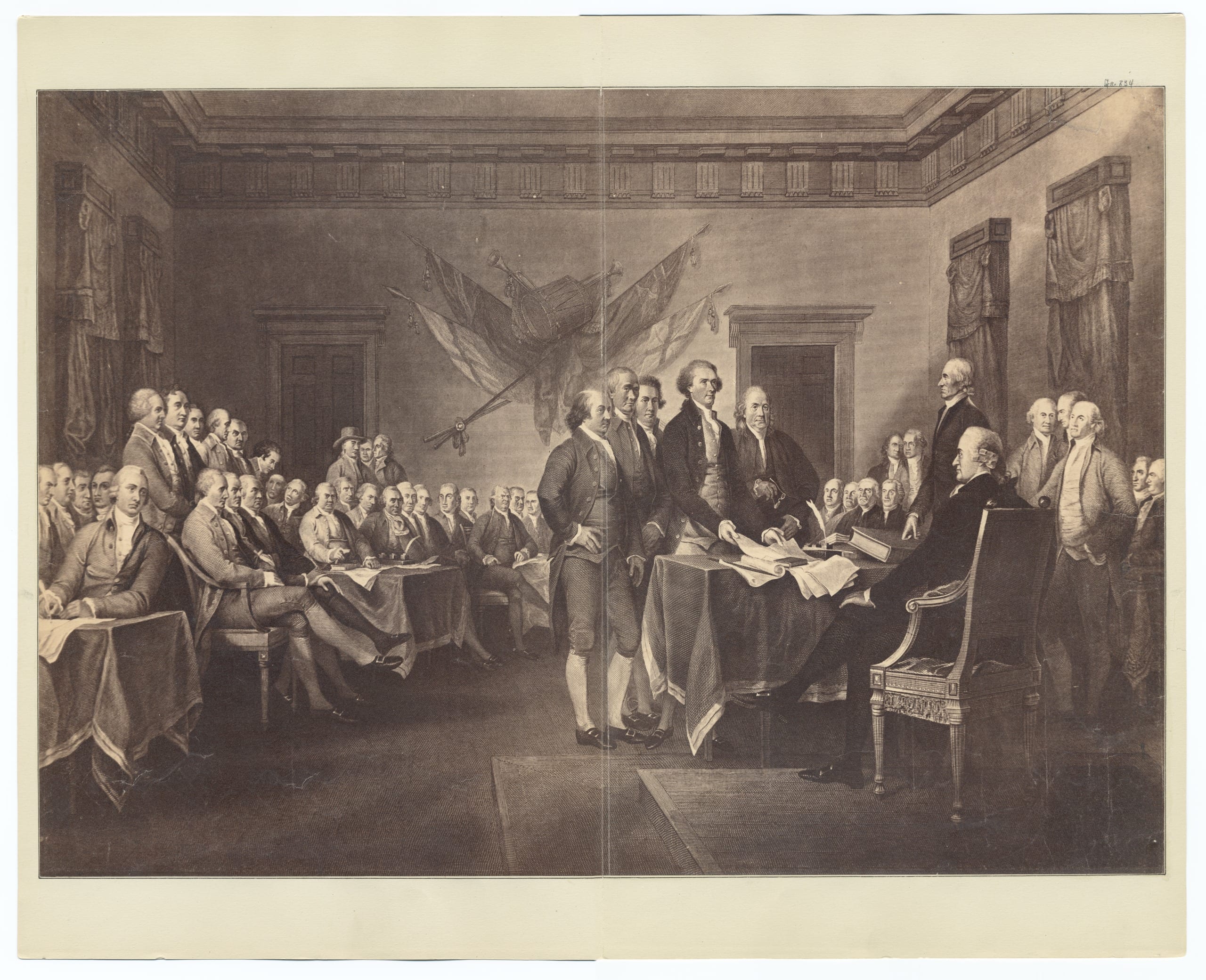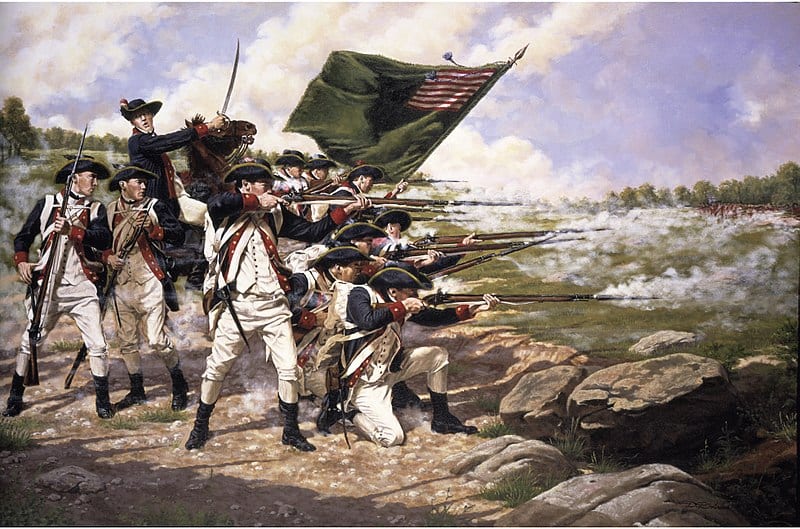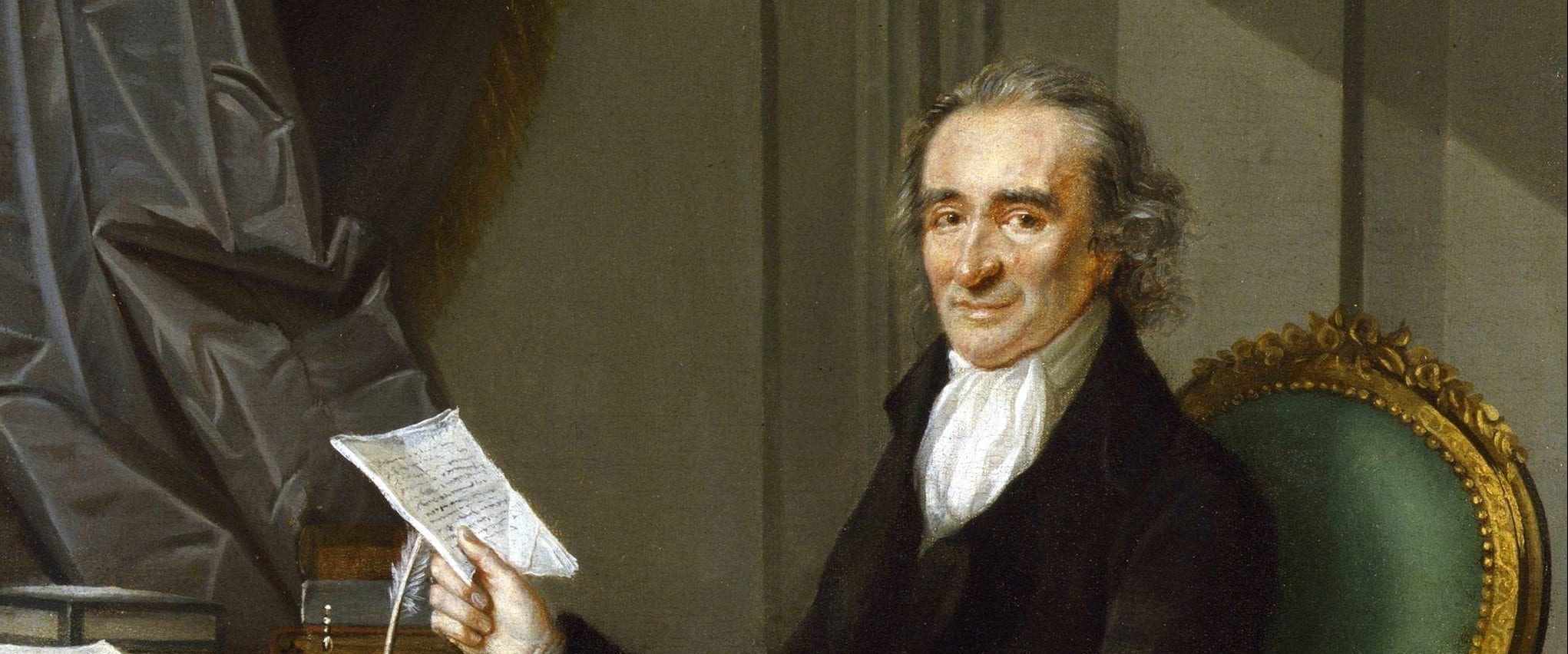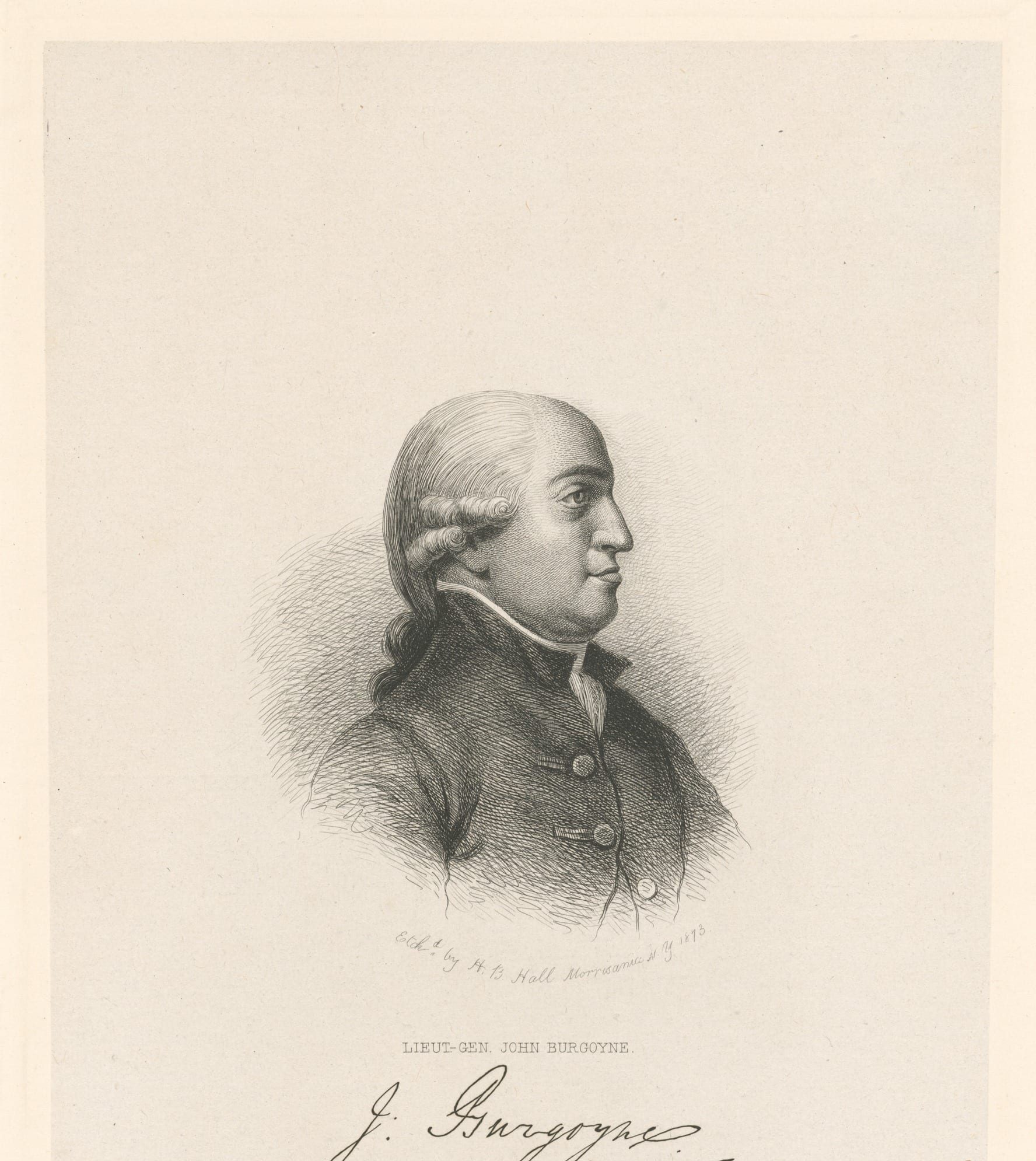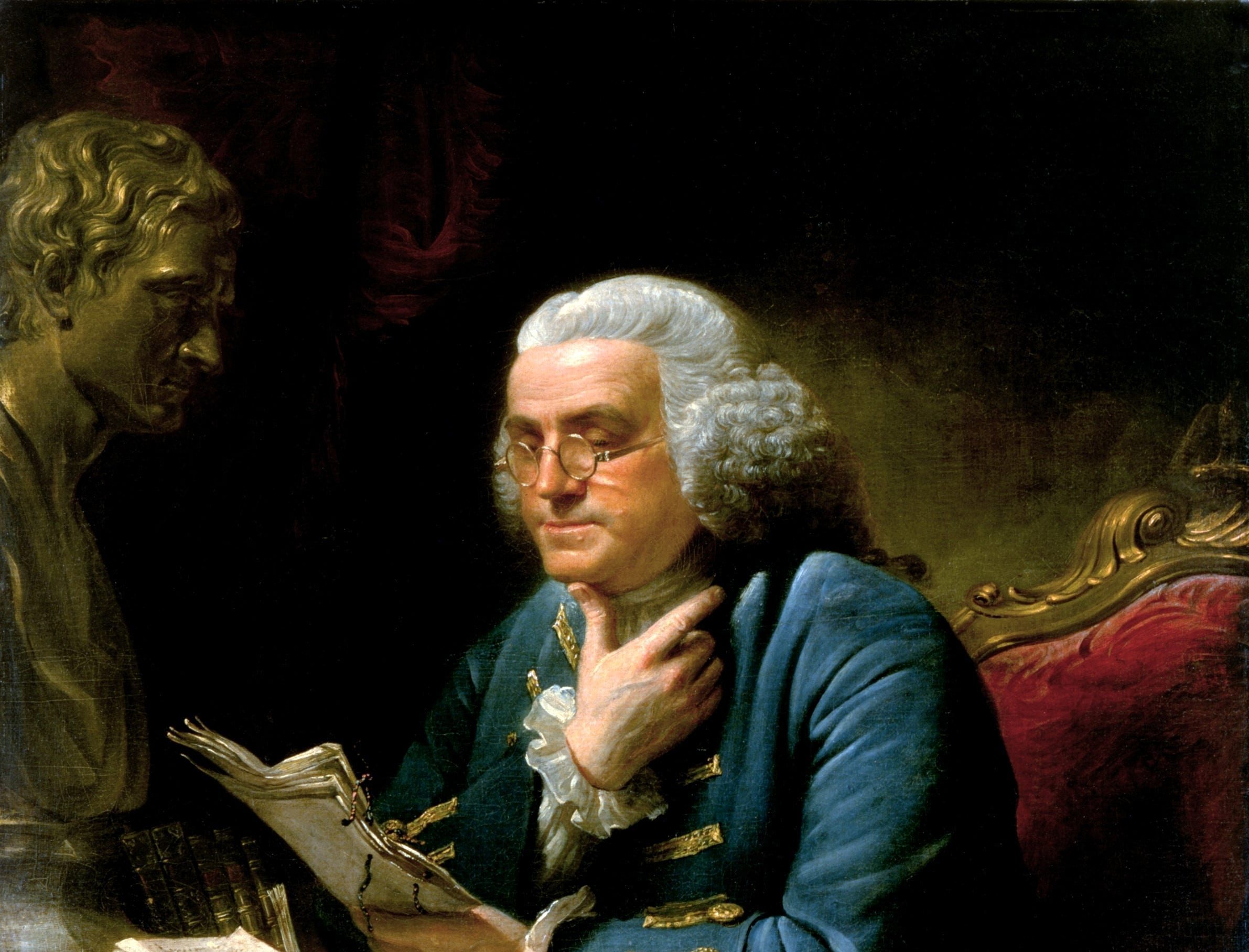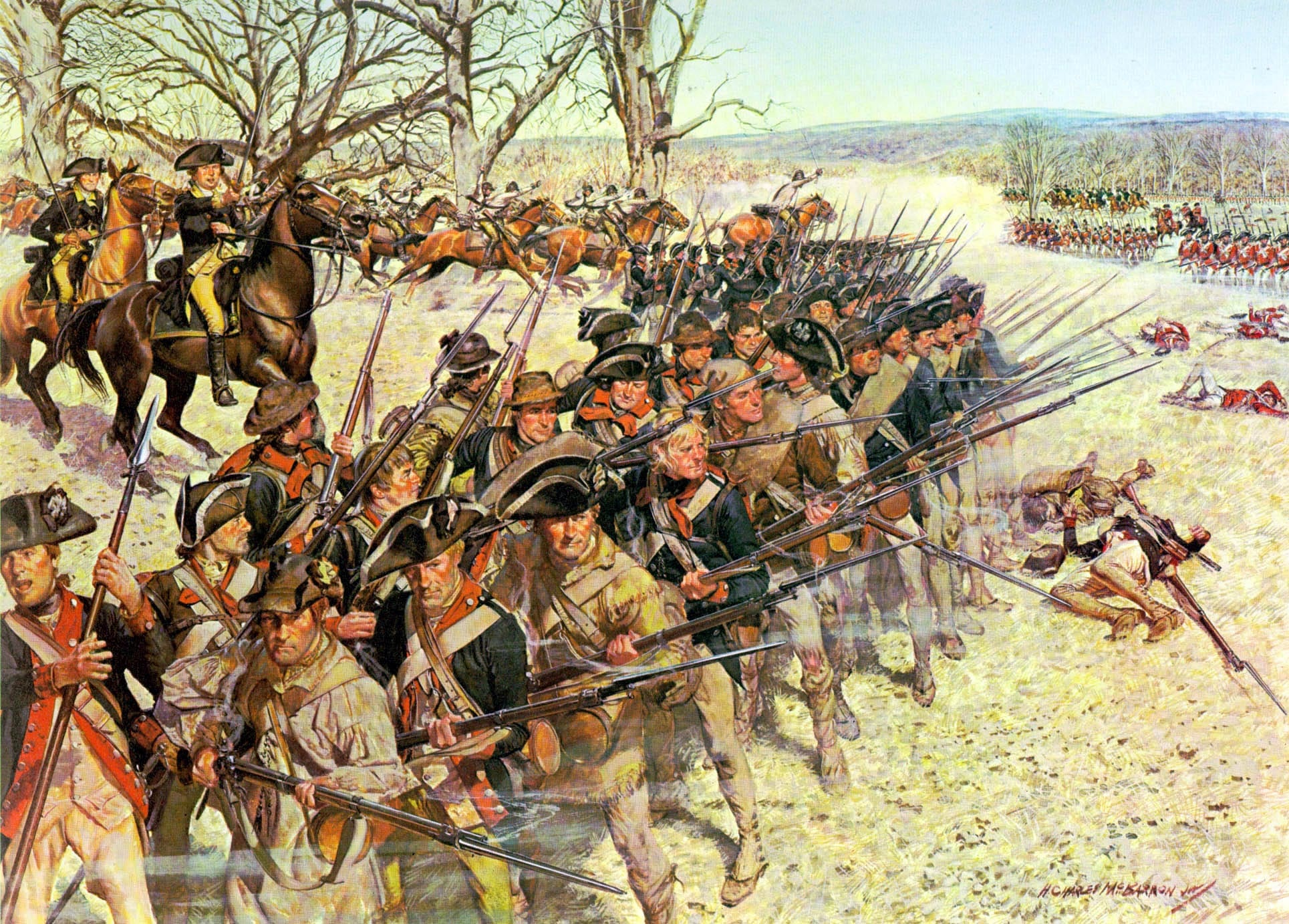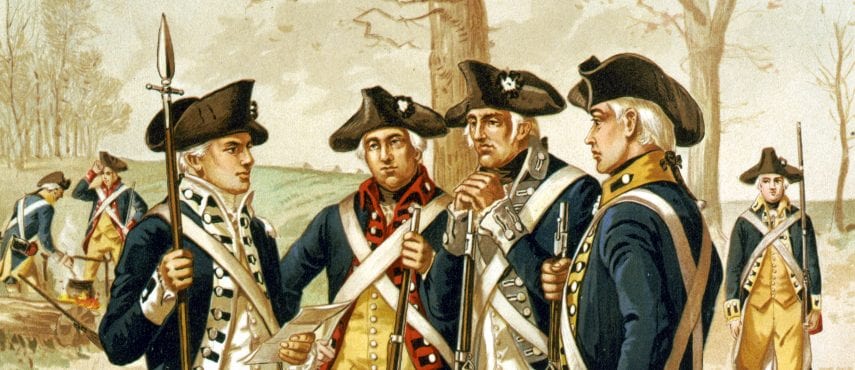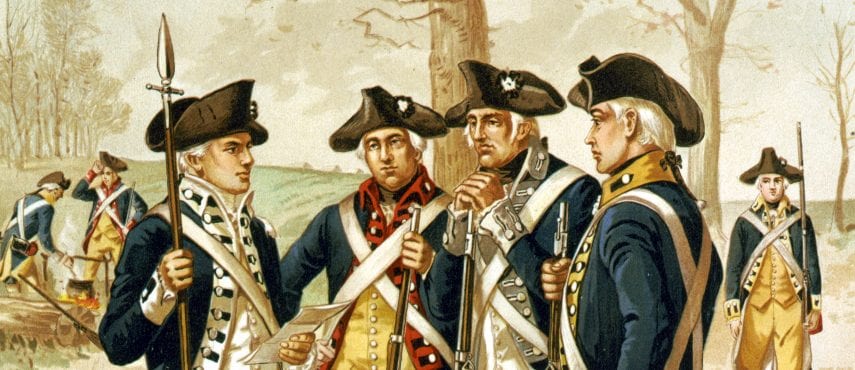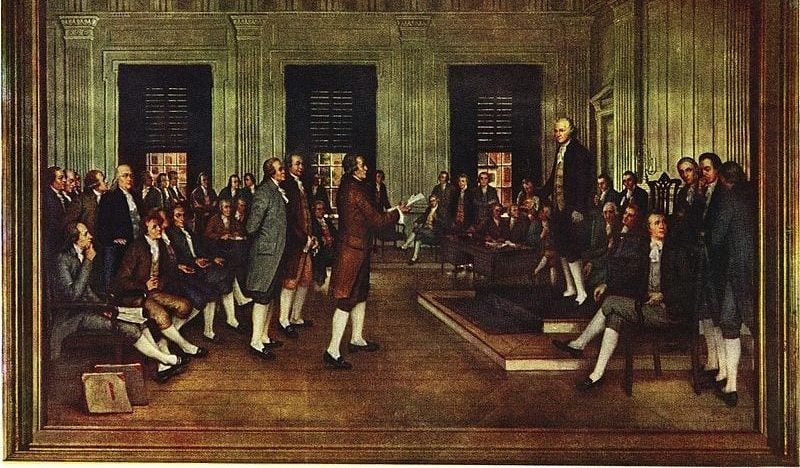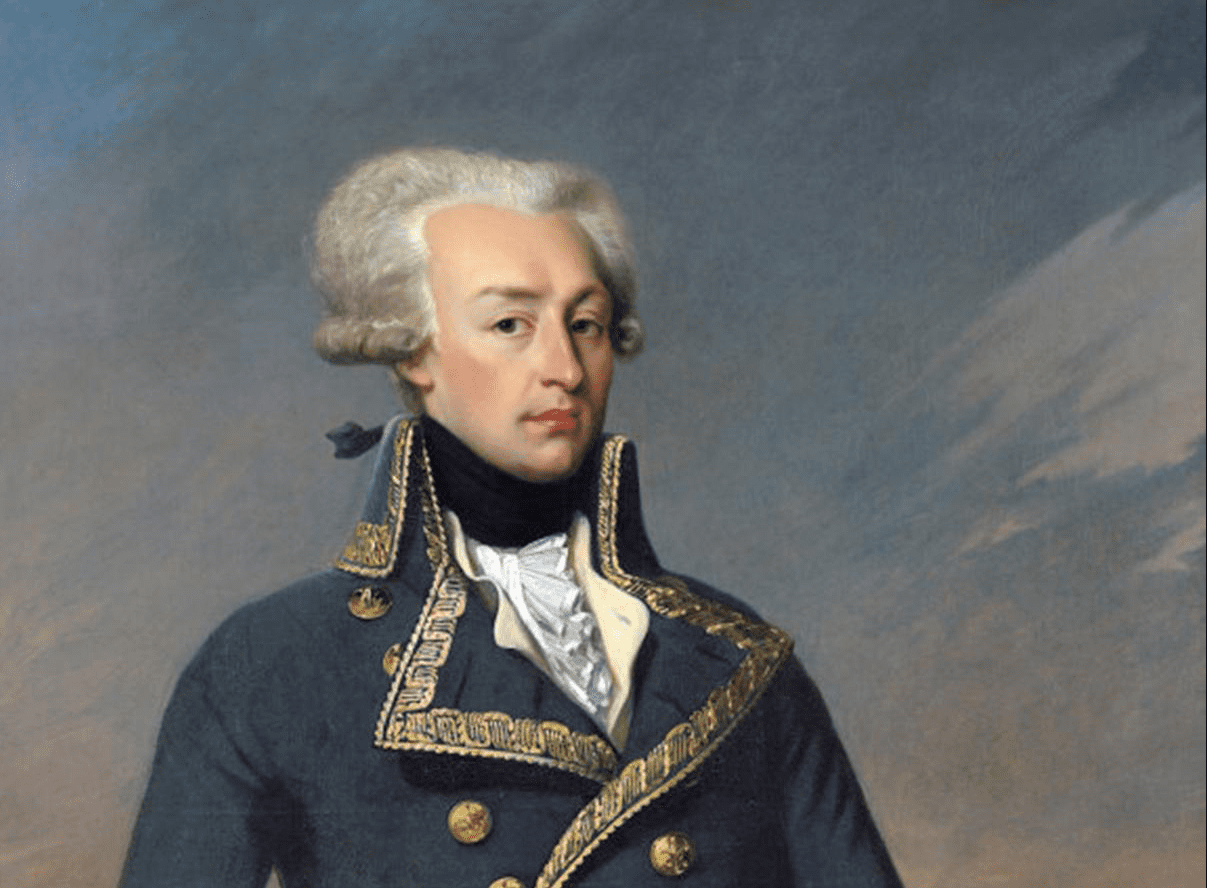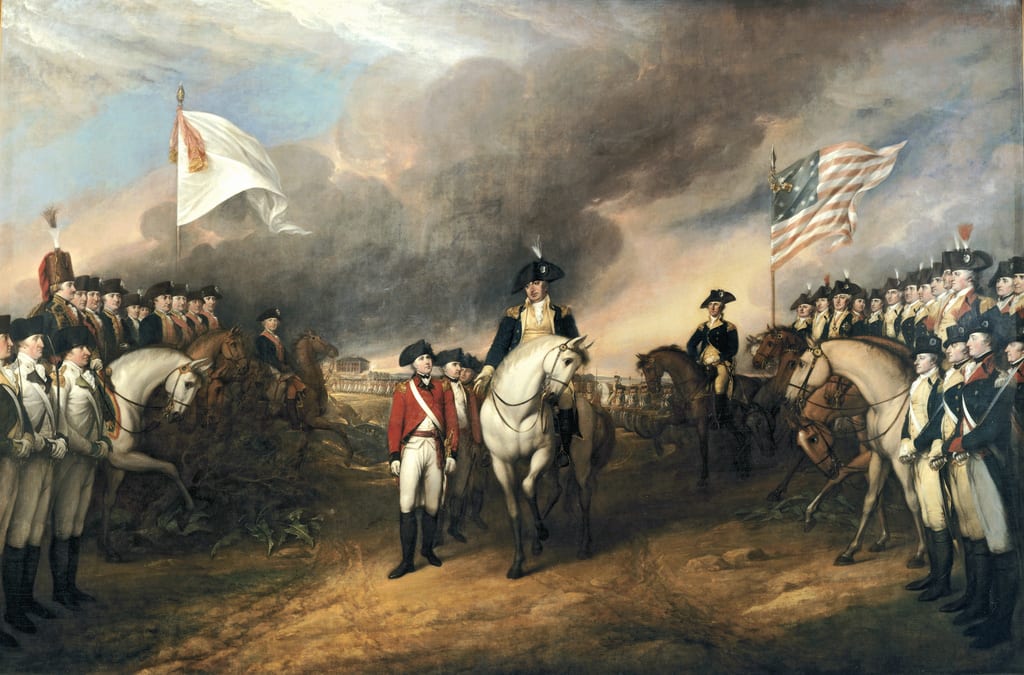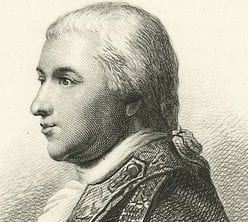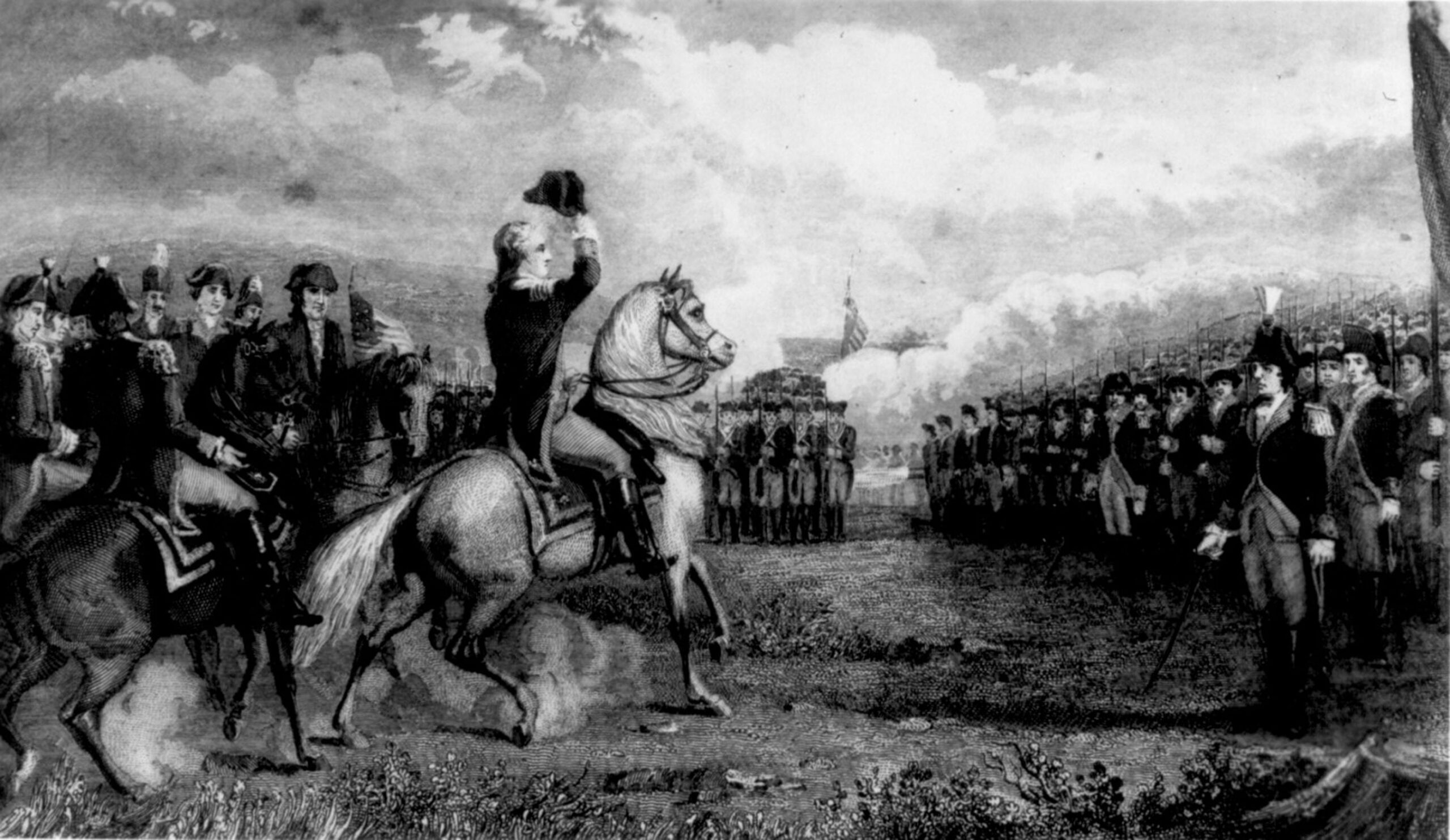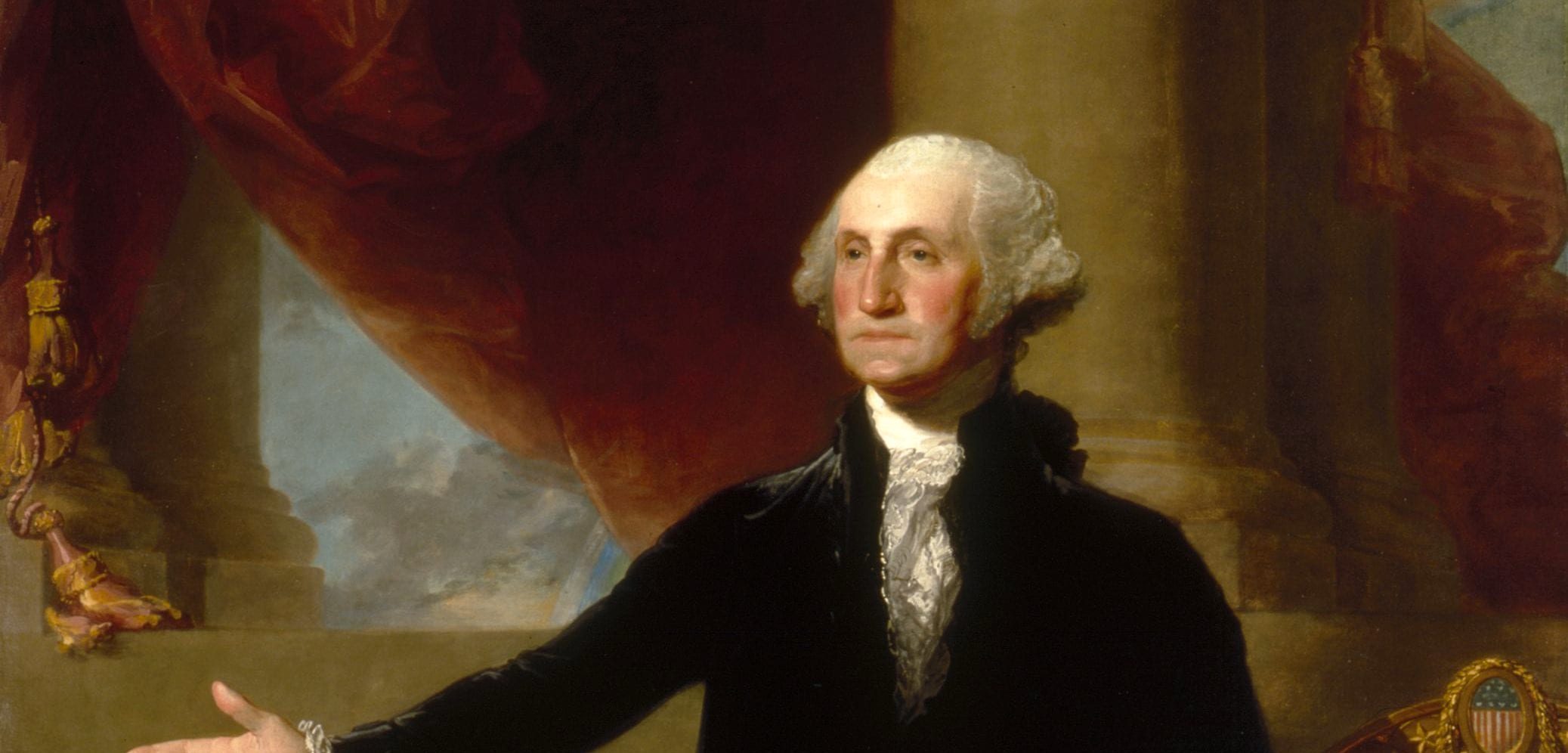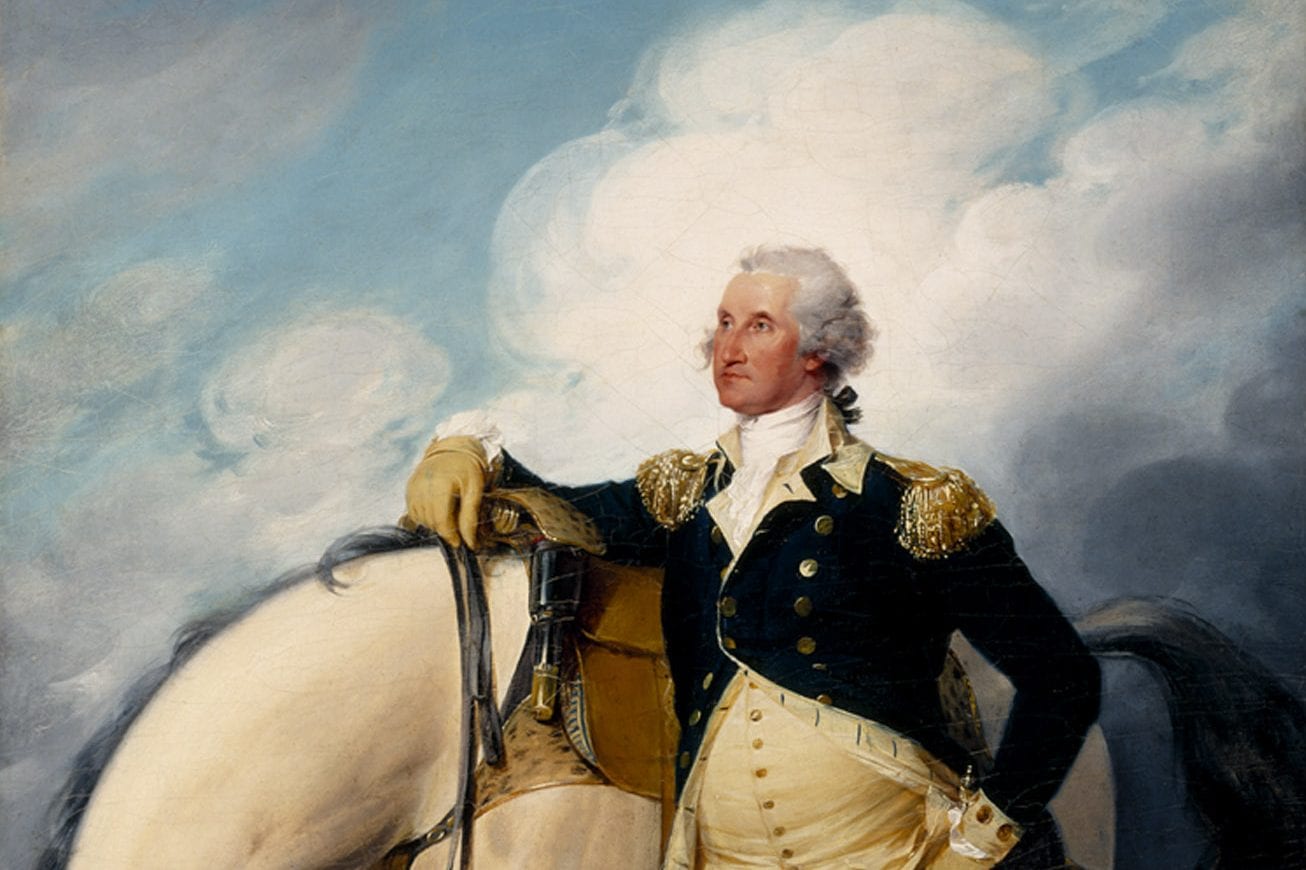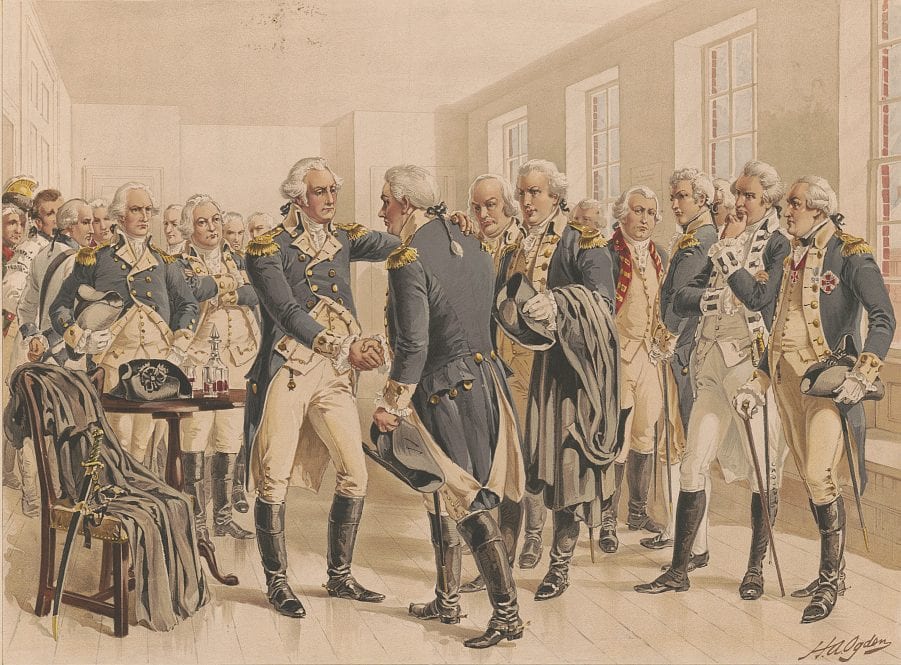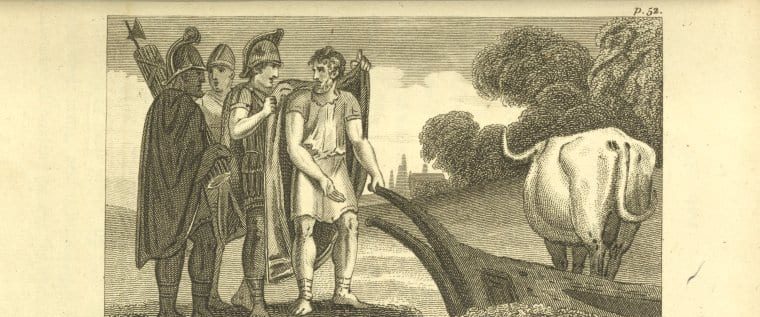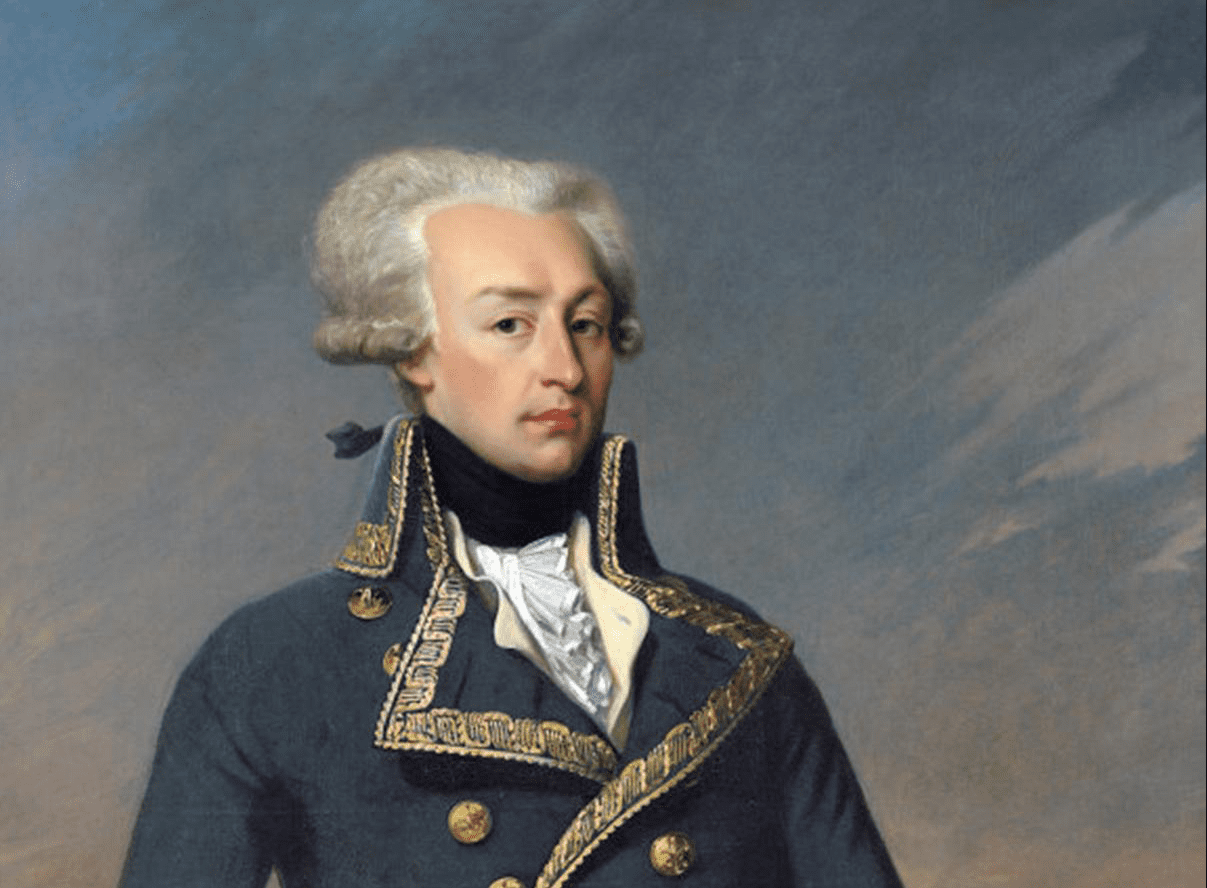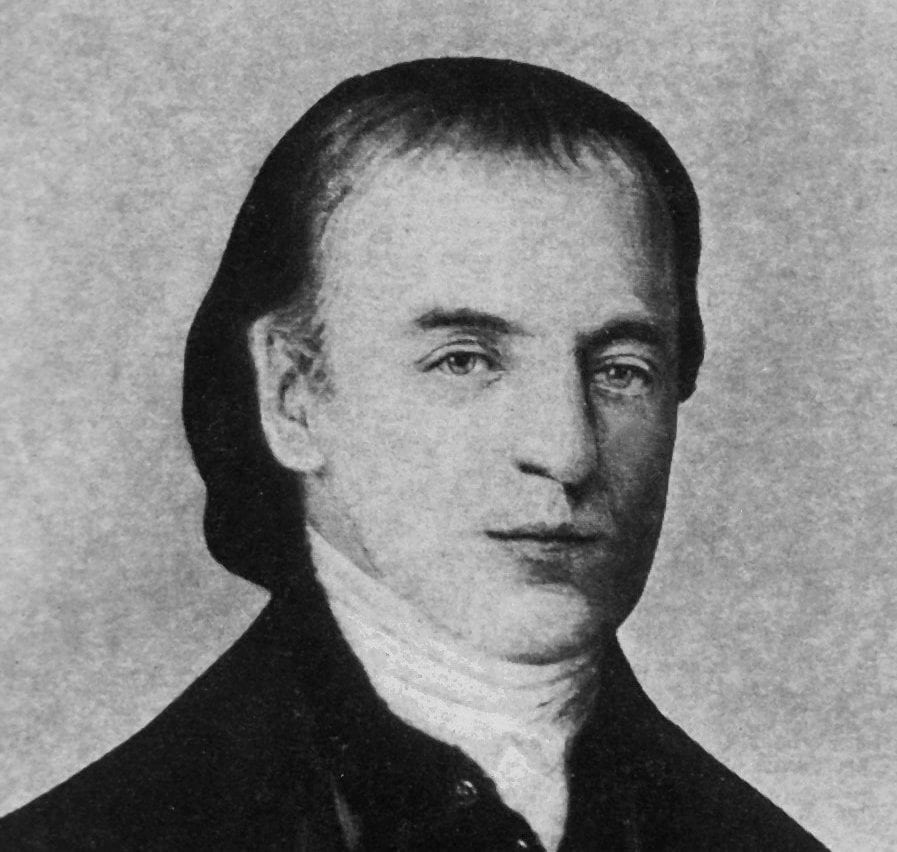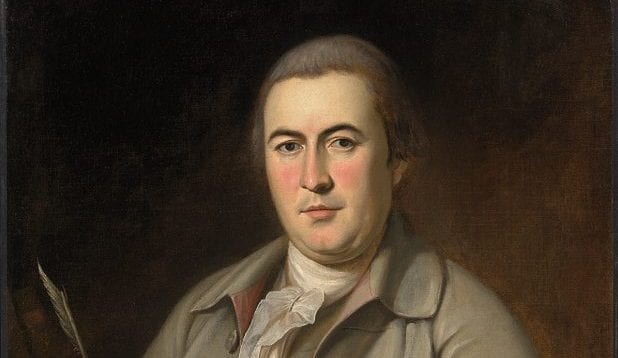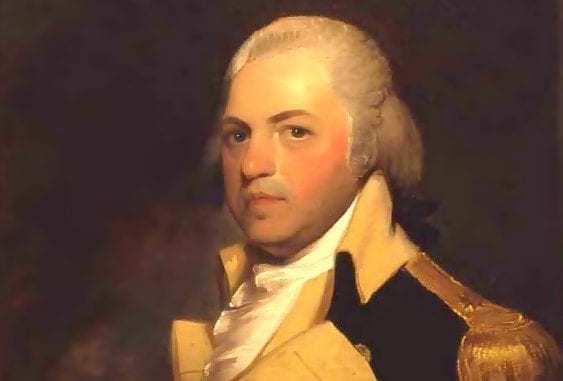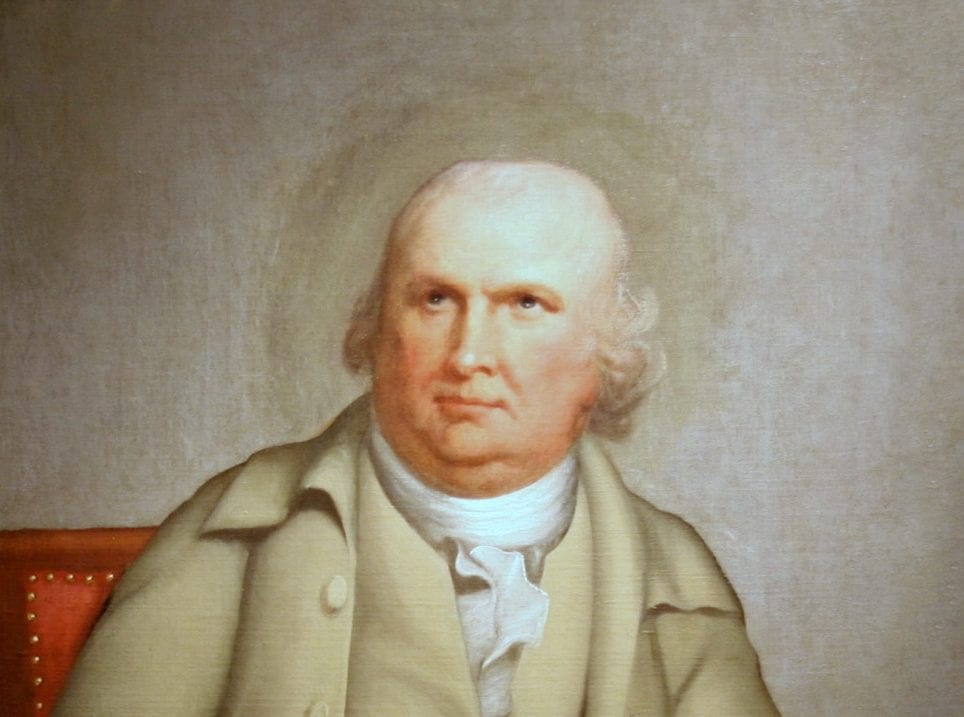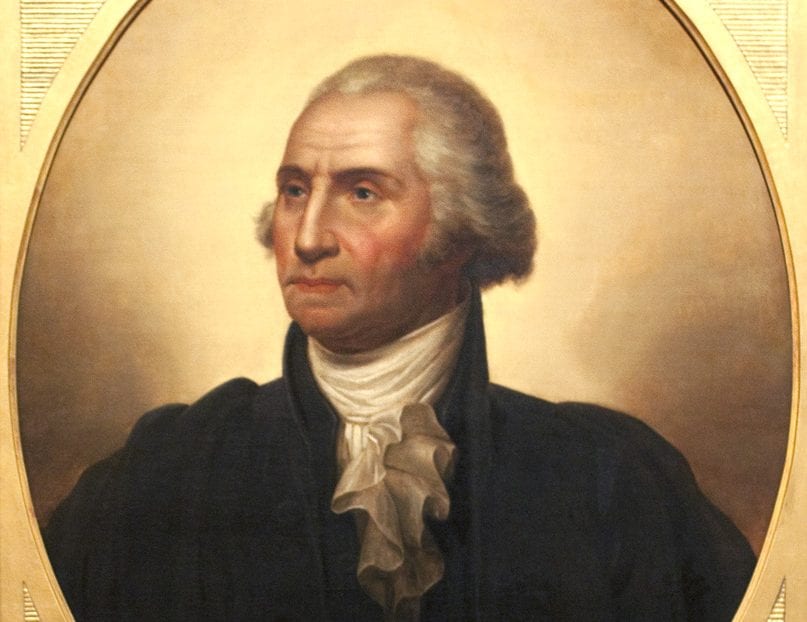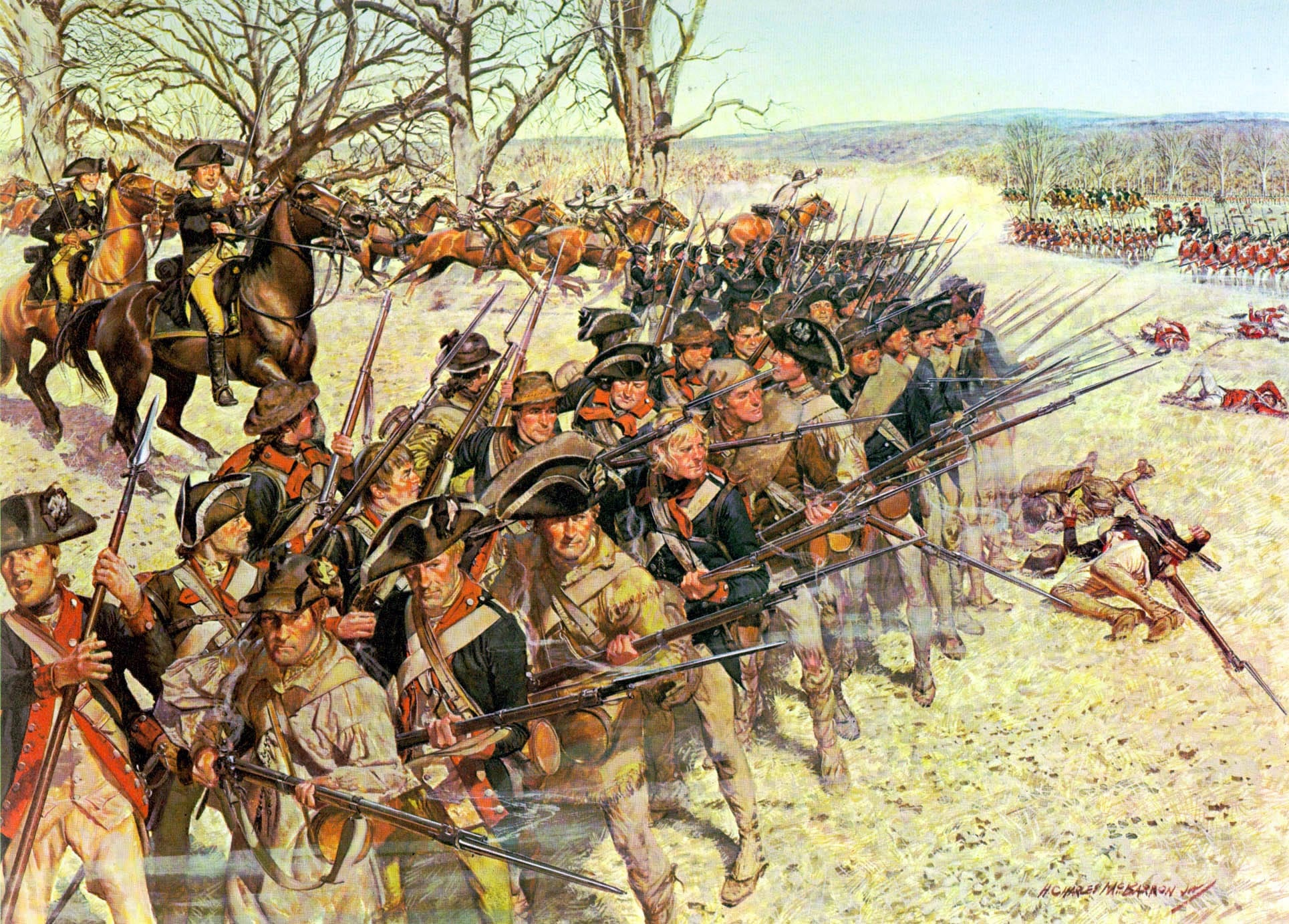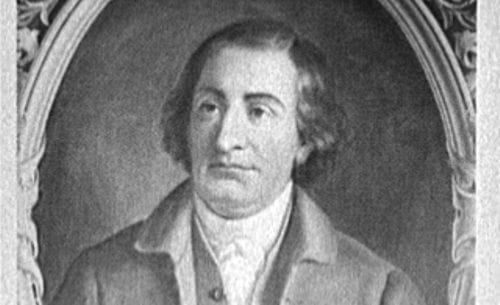


No related resources
Introduction
The first half of 1776—a no man’s land between inclusion in the British empire and American independence—provided a fertile environment for the cultivation of new ideas as well as the grafting of traditional practices to new circumstances. Like Thomas Paine’s Common Sense or Abigail Adams’s startling suggestion that members of Congress “remember the ladies,” John Adams’s Thoughts on Government revealed an optimistic sense of possibility.
But Adams was not optimistic about all things. His understanding of human nature made him wary that people might use government to promote their own interests at the expense of others and bolster their own power to the detriment of others. How best to account for people’s capacity for vice when constructing governments designed to protect individuals’ rights and promote their virtue?
This question weighed on William Hooper (1742–1790) and John Penn (1740–1788), Continental Congress delegates from North Carolina, when they asked Adams to share his thoughts. The letters he wrote in response helped form the basis of his Thoughts on Government, which appeared as a pamphlet in Philadelphia and, months later, in Boston. Adams’s insights, including the importance of dividing power within a government, would help to shape numerous constitutions, including his 1779 draft of the 1780 plan for government in Massachusetts and the federal Constitution sent to the states for ratification in 1787.
Source: John Adams, Thoughts on Government…. (Philadelphia: John Dunlap, 1776), in Charles Francis Adams, ed., The Works of John Adams, 10 vols. (Boston: Little, Brown and Co., 1850–56), 4:193–200. http://oll.libertyfund.org/titles/adams-the-works-of-john-adams-10-vols
If I was equal to the task of forming a plan for the government of a colony, I should be flattered with your request, and very happy to comply with it; because, as the divine science of politics is the science of social happiness, and the blessings of society depend entirely on the constitutions of government, which are generally institutions that last for many generations, there can be no employment more agreeable to a benevolent mind than a research after the best.
Pope[1] flattered tyrants too much when he said,
“For forms of government let fools contest,
That which is best administered is best.”[2]
Nothing can be more fallacious than this. But poets read history to collect flowers, not fruits; they attend to fanciful images, not the effects of social institutions. Nothing is more certain, from the history of nations and nature of man, than that some forms of government are better fitted for being well administered than others.
We ought to consider what is the end of government, before we determine which is the best form. Upon this point all speculative politicians will agree, that the happiness of society is the end of government, as all divines and moral philosophers will agree that the happiness of the individual is the end of man. From this principle it will follow, that the form of government which communicates ease, comfort, security, or in one word, happiness, to the greatest number of persons, and in the greatest degree, is the best.
All sober inquirers after truth, ancient and modern, pagan and Christian, have declared that the happiness of man, as well as his dignity, consists in virtue. Confucius,[3] Zoroaster,[4] Socrates,[5] Mahomet,[6] not to mention authorities really sacred, have agreed in this.
If there is a form of government, then, whose principle and foundation is virtue, will not every sober man acknowledge it better calculated to promote the general happiness than any other form?
Fear is the foundation of most governments; but it is so sordid and brutal a passion, and renders men in whose breasts it predominates so stupid and miserable, that Americans will not be likely to approve of any political institution which is founded on it.
Honor is truly sacred, but holds a lower rank in the scale of moral excellence than virtue. Indeed, the former is but a part of the latter, and consequently has not equal pretensions to support a frame of government productive of human happiness.
The foundation of every government is some principle or passion in the minds of the people. The noblest principles and most generous affections in our nature, then, have the fairest chance to support the noblest and most generous models of government.
A man must be indifferent to the sneers of modern Englishmen, to mention in their company the names of Sidney,[7] Harrington,[8] Locke,[9] Milton,[10] Nedham,[11] Neville,[12] Burnet,[13] and Hoadly.[14] No small fortitude is necessary to confess that one has read them. The wretched condition of this country, however, for ten or fifteen years past, has frequently reminded me of their principles and reasonings. They will convince any candid mind, that there is no good government but what is republican. That the only valuable part of the British constitution is so; because the very definition of a republic is “an empire of laws, and not of men.” That, as a republic is the best of governments, so that particular arrangement of the powers of society, or, in other words, that form of government which is best contrived to secure an impartial and exact execution of the laws, is the best of republics.
Of republics there is an inexhaustible variety, because the possible combinations of the powers of society are capable of innumerable variations.
As good government is an empire of laws, how shall your laws be made? In a large society, inhabiting an extensive country, it is impossible that the whole should assemble to make laws. The first necessary step, then, is to depute power from the many to a few of the most wise and good. But by what rules shall you choose your representatives? Agree upon the number and qualifications of persons who shall have the benefit of choosing, or annex this privilege to the inhabitants of a certain extent of ground.
The principal difficulty lies, and the greatest care should be employed, in constituting this representative assembly. It should be in miniature an exact portrait of the people at large. It should think, feel, reason, and act like them. That it may be the interest of this assembly to do strict justice at all times, it should be an equal representation, or, in other words, equal interests among the people should have equal interests in it. Great care should be taken to effect this, and to prevent unfair, partial, and corrupt elections. Such regulations, however, may be better made in times of greater tranquility than the present; and they will spring up themselves naturally, when all the powers of government come to be in the hands of the people’s friends. At present, it will be safest to proceed in all established modes, to which the people have been familiarized by habit.
A representation of the people in one assembly being obtained, a question arises, whether all the powers of government, legislative, executive, and judicial, shall be left in this body? I think a people cannot be long free, nor ever happy, whose government is in one assembly. My reasons for this opinion are as follows:
- A single assembly is liable to all the vices, follies, and frailties of an individual; subject to fits of humor, starts of passion, flights of enthusiasm, partialities, or prejudice, and consequently productive of hasty results and absurd judgments. And all these errors ought to be corrected and defects supplied by some controlling power.
- A single assembly is apt to be avaricious, and in time will not scruple to exempt itself from burdens, which it will lay, without compunction, on its constituents.
- A single assembly is apt to grow ambitious, and after a time will not hesitate to vote itself perpetual….
- A representative assembly, although extremely well qualified, and absolutely necessary, as a branch of the legislative, is unfit to exercise the executive power, for want of two essential properties, secrecy and dispatch.
- A representative assembly is still less qualified for the judicial power, because it is too numerous, too slow, and too little skilled in the laws.
- Because a single assembly, possessed of all the powers of government, would make arbitrary laws for their own interest, execute all laws arbitrarily for their own interest, and adjudge all controversies in their own favor.
But shall the whole power of legislation rest in one assembly? Most of the foregoing reasons apply equally to prove that the legislative power ought to be more complex; to which we may add, that if the legislative power is wholly in one assembly, and the executive in another, or in a single person, these two powers will oppose and encroach upon each other, until the contest shall end in war, and the whole power, legislative and executive, be usurped by the strongest.
The judicial power, in such case, could not mediate, or hold the balance between the two contending powers, because the legislative would undermine it. And this shows the necessity, too, of giving the executive power a negative upon the legislative, otherwise this will be continually encroaching upon that.
To avoid these dangers, let a distinct assembly be constituted, as a mediator between the two extreme branches of the legislature, that which represents the people, and that which is vested with the executive power.
Let the representative assembly then elect by ballot, from among themselves or their constituents, or both, a distinct assembly, which, for the sake of perspicuity, we will call a council. It may consist of any number you please, say twenty or thirty, and should have a free and independent exercise of its judgment, and consequently a negative voice in the legislature.
These two bodies, thus constituted, and made integral parts of the legislature, let them unite, and by joint ballot choose a governor, who, after being stripped of most of those badges of domination, called prerogatives, should have a free and independent exercise of his judgment, and be made also an integral part of the legislature. This, I know, is liable to objections; and, if you please, you may make him only president of the council, as in Connecticut. But as the governor is to be invested with the executive power, with consent of council, I think he ought to have a negative upon the legislative. If he is annually elective, as he ought to be, he will always have so much reverence and affection for the people, their representatives and counselors, that, although you give him an independent exercise of his judgment, he will seldom use it in opposition to the two houses, except in cases the public utility of which would be conspicuous; and some such cases would happen.
In the present exigency of American affairs, when, by an act of Parliament, we are put out of the royal protection, and consequently discharged from our allegiance, and it has become necessary to assume government for our immediate security, the governor, lieutenant governor, secretary, treasurer, commissary, [and] attorney general, should be chosen by joint ballot of both houses. And these and all other elections, especially of representatives and counselors, should be annual, there not being in the whole circle of the sciences a maxim more infallible than this, “where annual elections end, there slavery begins.”
These great men, in this respect, should be, once a year,
“Like bubbles on the sea of matter borne,
They rise, they break, and to that sea return.”[15]
This will teach them the great political virtues of humility, patience, and moderation, without which every man in power becomes a ravenous beast of prey.
This mode of constituting the great offices of state will answer very well for the present; but if by experiment it should be found inconvenient, the legislature may, at its leisure, devise other methods of creating them, by elections of the people at large, as in Connecticut, or it may enlarge the term for which they shall be chosen to seven years, or three years, or for life, or make any other alterations which the society shall find productive of its ease, its safety, its freedom, or, in one word, its happiness.
A rotation of all offices, as well as of representatives and counselors, has many advocates, and is contended for with many plausible arguments. It would be attended, no doubt, with many advantages; and if the society has a sufficient number of suitable characters to supply the great number of vacancies which would be made by such a rotation, I can see no objection to it. These persons may be allowed to serve for three years, and then be excluded three years, or for any longer or shorter term.
Any seven or nine of the legislative council may be made a quorum, for doing business as a privy council, to advise the governor in the exercise of the executive branch of power, and in all acts of state.
The governor should have the command of the militia and of all your armies. The power of pardons should be with the governor and council.
Judges, justices, and all other officers, civil and military, should be nominated and appointed by the governor, with the advice and consent of council, unless you choose to have a government more popular; if you do, all officers, civil and military, may be chosen by joint ballot of both houses; or, in order to preserve the independence and importance of each house, by ballot of one house, concurred in by the other. Sheriffs should be chosen by the freeholders[16] of counties; so should registers of deeds and clerks of counties.
All officers should have commissions, under the hand of the governor and seal of the colony.
The dignity and stability of government in all its branches, the morals of the people, and every blessing of society depend so much upon an upright and skillful administration of justice, that the judicial power ought to be distinct from both the legislative and executive, and independent upon both, that so it may be a check upon both, as both should be checks upon that. The judges, therefore, should be always men of learning and experience in the laws, of exemplary morals, great patience, calmness, coolness, and attention. Their minds should not be distracted with jarring interests; they should not be dependent upon any man, or body of men. To these ends, they should hold estates for life in their offices; or, in other words, their commissions should be during good behavior, and their salaries ascertained and established by law. For misbehavior, the grand inquest of the colony, the house of representatives, should impeach them before the governor and council, where they should have time and opportunity to make their defense; but, if convicted, should be removed from their offices, and subjected to such other punishment as shall be thought proper.
A militia law, requiring all men, or with very few exceptions besides cases of conscience, to be provided with arms and ammunition, to be trained at certain seasons; and requiring counties, towns, or other small districts, to be provided with public stocks of ammunition and entrenching utensils, and with some settled plans for transporting provisions after the militia, when marched to defend their country against sudden invasions; and requiring certain districts to be provided with field-pieces, companies of matrosses,[17] and perhaps some regiments of light horse,[18] is always a wise institution, and, in the present circumstances of our country, indispensable.
Laws for the liberal education of youth, especially of the lower class of people, are so extremely wise and useful, that, to a humane and generous mind, no expense for this purpose would be thought extravagant.
The very mention of sumptuary laws[19] will excite a smile. Whether our countrymen have wisdom and virtue enough to submit to them, I know not; but the happiness of the people might be greatly promoted by them, and a revenue saved sufficient to carry on this war forever. Frugality is a great revenue, besides curing us of vanities, levities, and fopperies, which are real antidotes to all great, manly, and warlike virtues….
A constitution founded on these principles introduces knowledge among the people, and inspires them with a conscious dignity becoming freemen; a general emulation takes place, which causes good humor, sociability, good manners, and good morals to be general. That elevation of sentiment inspired by such a government, makes the common people brave and enterprising. That ambition which is inspired by it makes them sober, industrious, and frugal. You will find among them some elegance, perhaps, but more solidity; a little pleasure, but a great deal of business; some politeness, but more civility. If you compare such a country with the regions of domination, whether monarchical or aristocratical, you will fancy yourself in Arcadia[20] or Elysium….[21]
- 1. Alexander Pope (1688–1744) was an English poet.
- 2. Pope, An Essay on Man: Epistle III (London: J. Wilford, 1733), 54.
- 3. Confucius (551 B.C.–479 B.C.) was a Chinese philosopher.
- 4. Zoroaster (who lived to age 77 at some point between ca. 1500 B.C. and ca. 1000 B.C.) was a Persian prophet.
- 5. Socrates (ca. 470 B.C.–399 B.C.) was a Greek philosopher.
- 6. Muhammad (ca. 570–632) was an Arabian prophet and the founder of Islam.
- 7. Algernon Sidney (1623–1683) was an English politician and political theorist.
- 8. James Harrington (1611–1677) was an English political theorist.
- 9. John Locke (1632–1704) was an English philosopher.
- 10. John Milton (1608–1674) was an English poet and civil servant.
- 11. Marchamont Nedham (1620–1678) was a pamphleteer during the English Civil War (1642–1651).
- 12. Henry Neville (1620–1694) was an English politician and author.
- 13. Gilbert Burnet (1643–1715) was a Scottish historian, philosopher, and Protestant clergyman who served as bishop of Salisbury (1689–1715).
- 14. Benjamin Hoadly (1676–1761) was an English Protestant clergyman who served as bishop of Bangor (1715–1721), Hereford (1721–1723), Salisbury (1723–1734), and Winchester (1734–1761).
- 15. Pope, An Essay on Man, 40.
- 16. Property owners.
- 17. Artillerists.
- 18. Lightly armed and lightly armored cavalry.
- 19. Laws relating to consumption, especially laws that impose taxes on luxuries or vices.
- 20. Utopia.
- 21. Heaven.

Conversation-based seminars for collegial PD, one-day and multi-day seminars, graduate credit seminars (MA degree), online and in-person.











